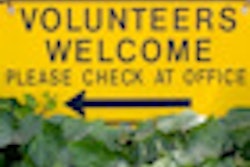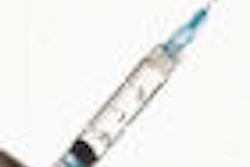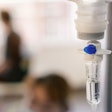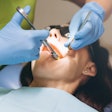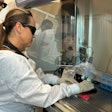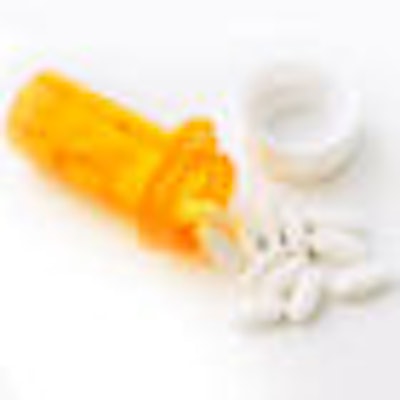
Karyl Jean Beauchamp, D.D.S., arrived at the airport in Nashville on April 18 with the best of intentions. In a matter of hours, she expected to be in Haiti dispensing care to some of the neediest patients in the world. But Dr. Beauchamp made a serious mistake in her charity mission.
So say the airport police. They found five bottles of narcotic painkillers in her bag and arrested her for possession with intent to deliver controlled substances. The incident has lessons for anyone traveling and bringing medications intended for other people.
"It's illegal to import or export controlled substances unless you are registered as an importer or exporter," said Barbara Boockholdt, chief of the Regulatory Section of the Drug Enforcement Agency's (DEA) Office of Diversion Control.
— George Rusho, Nashville Airport Police
Two laws might apply to Dr. Beauchamp's case, Boockholdt said. First, three of the drugs she was carrying -- diazepam, hydrocodone, and oxycodone -- are listed by the DEA as controlled substances.
Two others, ondansetron and prochlorperazine, are not on the DEA's list. But the labels of all five pill bottles had "the name and doctor's information blackened out," officer George Rusho of the Nashville Airport Department of Public Safety wrote in the incident report. Dr. Beauchamp "stated that the drugs belonged to Cindy Harvey, a friend, who had recently died of breast cancer."
Dr. Beauchamp, who works at Clarksville Pediatric Dentistry in Clarksville, TN, declined to comment for this article. According to reports in the Leaf-Chronicle and by WSMV-TV, Dr. Beauchamp didn't have to spend any time behind bars, but posted $2,000 bail and continued on her way to Haiti the next day. The Chronicle quoted her attorney, David Raybin of Nashville, as saying that Dr. Beauchamp did not commit a crime "because she's a doctor" who could have prescribed the same medications.
But Boockholdt said it's illegal to give one person's prescription medications to another person. "Once they have been distributed to the patient, they cannot be brought back into the chain of distribution," she said.
The right way to do it
Normally, the only way someone can transport controlled substances other than their own prescriptions out of the U.S. is to obtain an import/export license. But that would be a time-consuming process for someone who just wants to take some painkillers on a charity mission.
Fortunately, the government has created an exception for exactly these circumstances, Boockholdt said. "What we came up with is a waiver letter so they can avoid the expense and trouble of registering," she said.
The agency collects such information as the doctor's DEA registration number, state medical license number, state controlled substance license number, contact information, departure date and time, and the list of drugs being transported. It then sends out two copies of a waiver letter -- one to the doctor and one to the port of departure (typically an airport). The doctor should present the letter and the drugs in person to customs officials at the airport.
To obtain such a letter, contact Dan Gillen, chief of the Import/Export Unit of the Regulatory Section, at 202-307-7969. The process will normally take a few days.
In an emergency, like the earthquake in Haiti, you might not even have that much time. So the DEA created a Web site specifically for people who want to take drugs to Haiti on medical or dental relief missions. Within 48 hours of the earthquake, the DEA was staffing requests made through this site around the clock, Boockholdt said. It still expedites such requests.
If you're not taking controlled substances -- or someone else's prescriptions -- you don't need such a letter.
"I don't take them because they are trouble, no matter what you do," said oral and maxillofacial surgeon Kanyon Keeney, D.D.S., of Glen Allen, VA, who has traveled on missions to Haiti, Central America, and Cambodia. He does take other kinds of prescription drugs, however, such as antibiotics.
"Each time we came down, we came with a suitcase full of pharmaceuticals," he said. But he doesn't carry it on his person. "Make sure you pack everything in a big box. That's a lot less suspicious than a backpack."
Dr. Keeney has never run into problems on the U.S. side of the border, but he has heard of Haitian officials arresting people who brought expired prescriptions. And once in Guatemala, an official tried to confiscate the drugs until Dr. Keeney's sponsor paid the official a "tax." "I'm sure it went right into his pocket," he said.
And that leads him to another key bit of advice: Make sure you have a sponsor in the host country who can work with local officials.
If anything is worse than being arrested for good intentions, it's being arrested for good intentions abroad.
Copyright © 2010 DrBicuspid.com





